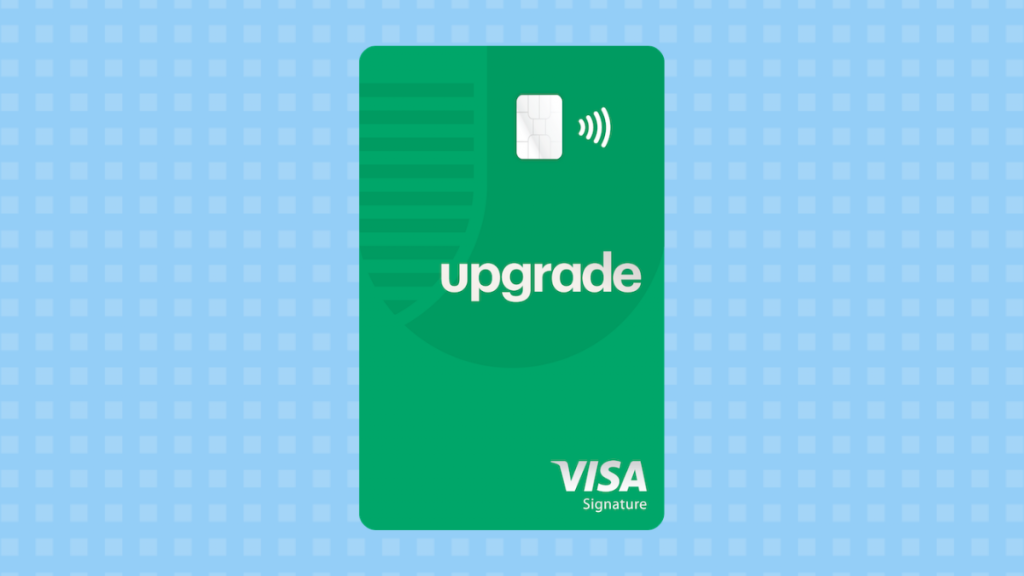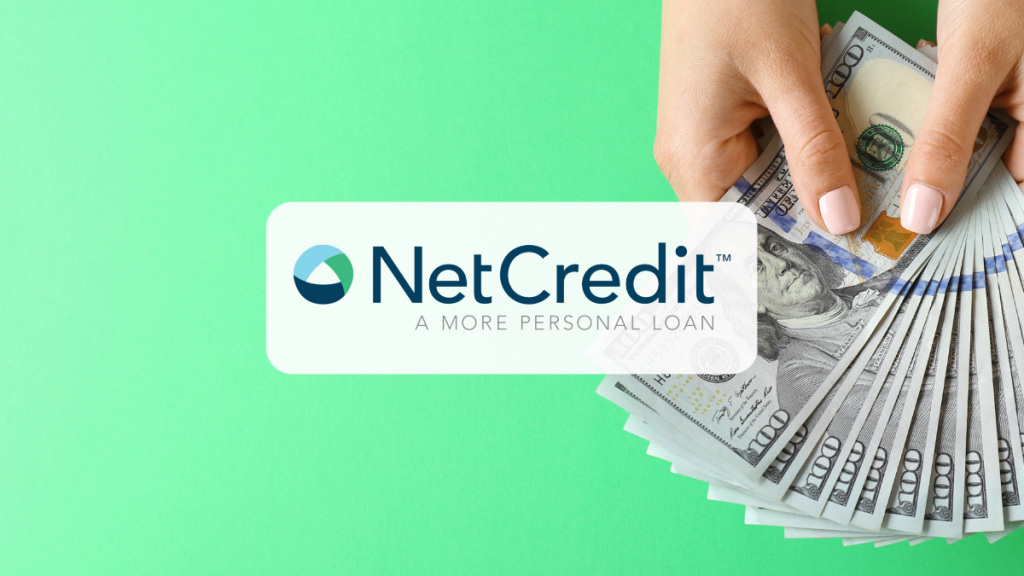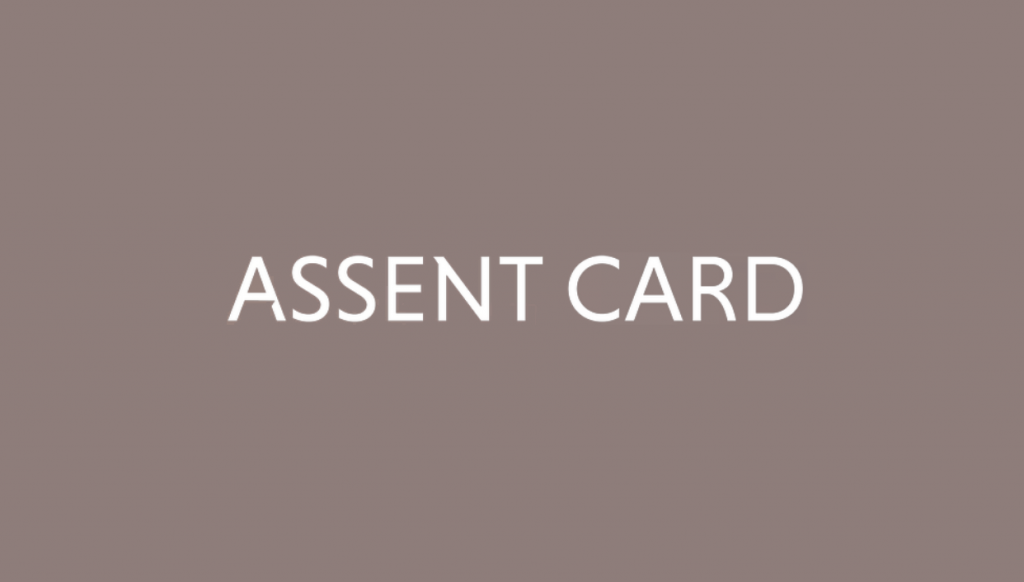Financial Education (US)
Health Savings Account: should you get one?
A health savings account is a way to be in control of your medical expenses. But it contains many requirements. Should you get one? Read our article and find out!
How does a health savings account work?

A health savings account, also known as HSA, is a type of account that helps you to save money for future health and medical expenses. In other words, it is a personal savings account in which you save money to pay for health care expenses in the future.
It is a personal savings account. That is, it is an account that you control, not your employer or your insurance company. It is possible, though, to have both. However, sometimes it is not the best solution for you.
Not only a health savings account, or HSA, can help you to control your healthcare expenses, but high-deductible health plans can as well. Discover more below.
The price of health
The Peterson Center on Healthcare and the Kaiser Family Foundation are monitoring together the performance of the quality and the cost in the healthcare system of the United States.
As partners, they created a health system tracker that provides clear and up-to-date data on trends, drivers, and issues that are impacting the healthcare system. With this, they are even able to compare the United States with other countries, in terms of health quality and costs.
According to their research, first-world countries, like the USA, tend to spend more per person on healthcare than third-world countries. However, even as a wealthy country, the United States spends more per person than other wealthy countries.
Other high-income countries, like Switzerland, spend half as much per person on healthcare, comparing to the United States. Therefore, it is important that you also consider the country where you live.

An easy guide to credit scores
We want to tell you everything about credit scores. Did you know you have one? We doubt that there is a more simple guide than ours.
You will be redirected to another website
By submitting this form, I agree that I am 18+ years old and I agree to the Privacy Policy and Terms and Conditions. I also provide my signature giving express consent to receive marketing communications via automated emails, SMS or MMS text messages and other forms of communication regarding financial products such as credit card and loans. Message frequency varies and represents our good faith effort to reach you regarding your inquiry. Message and data rates may apply. Text HELP for help or text STOP to cancel. I understand that my consent to receive communications is not a condition of purchase and I may revoke my consent at any time.
Who can qualify for one?
For a start, in order to be eligible for an HSA, you need a special type of health insurance called a high-deductible plan, also called HDHP.
The HDHP can be combined with the HSA. In the United States, the Internal Revenue Service, or IRS, a government agency responsible for collecting taxes and enforcing tax laws, defines a high-deductible health plan as a plan with a deductible of at least $1,400 for an individual or $2,800 for a family.
The total annual out-of-pocket expenses of an HDHP cannot be more than $7,000 for an individual or $14,000 for a family. This includes deductibles, copayments, coinsurance, etc.
What expenses can you use a health savings account for?

Here’s a shortlist of the main scenarios where you can use your HSA:
- To save for future healthcare expenses;
- To save for when you retire; and
- To take care of older or sick relatives (in this case, the account is for a relative).
Also, these savings give you the ability to pay for medical expenses with pre-tax money, without taxes or penalties.
Some employers offer both HDHPs and HSAs, through which you can set up automatic contributions to your accounts right from your payroll. But you can always open your own. Of course, as long as you have a qualifying plan.
You receive a debit card or checks linked to your balance so that you can use the funds on eligible medical expenses not covered by your plan. Such expenses also include deductibles, copays, and coinsurances.
It is important that you be aware that insurance premiums cannot usually be paid for with health savings accounts.
What are the pros of having a health savings account?
It is not taxed
As mentioned above, the funds are free from federal taxes, unless you use them on non-eligible expenses. But overall, HSAs are either pre-tax (through an employer) or tax-deductible (opened by yourself). You also do not pay tax on withdrawals for eligible expenses.
Let us say you earn $50,000 a year. If you add $4,000 to your health savings account, you will be taxed as if you make $46,000 a year, which lowers your tax burden.
Moreover, unlike a flexible spending account, which is another type of account you can learn about, your HSA balance rolls over from year to year, which means you do not have to worry about losing your savings.
It presents investment potential
Another benefit is that the amount can be invested in mutual funds, stocks, and other types of investment. Also, there are companies that can help you do that more wisely.
Try to find an HSA custodian that allows investing and offers low-fee options, as well as consult a fee-only financial advisor.
It is easy to use
Most accounts give you a debit card, so you can pay for expenses right away. You may also use your card to call the billing center and pay over the phone. If you used another form of payment, then you can reimburse yourself out of your HSA.
It is portable
Finally, your HSA money will be available even if you change your health insurance plan, job, or if you retire.
What are some potential disadvantages?

As we described this account type, we had to point out its disadvantages along the way. But here they are again:
To sum up, if you take an amount out of your HSA for non-eligible medical expenses, you will have to pay taxes on it, as well as a penalty if you are under 65. Because after you are older than 65 and enrolled in medical care, you no longer can contribute to an HSA.
Should you get one?
Taking care of your health is always important. As Steve Jobs taught us by example, millions of dollars cannot buy us a healthier body.
So, if you think you might need expensive medical care in the next 12 months and felt it was difficult to find a high-deductible, these types of accounts might not work very well.
To conclude, ask yourself about your health conditions and daily habits. And try and predict how much aid you may need in the long future. Don’t be afraid of calling such companies and asking questions. There are many types of options and the most important thing is that you take care of yourself.
If you want to know more about personal finances, don’t miss out on our posts.

How to improve your personal finances in 2021
How about improving your financial life before the year ends? Here are 10 simple rules to help you improve your personal finances.
About the author / Thais Daou
Reviewed by / Aline Barbosa
Senior Editor
Trending Topics

How to apply for a Discover it® Balance Transfer?
Check out how easy and fast it is to apply for a Discover it® Balance Transfer card and start earning unlimited rewards at a very low cost!
Keep Reading
How to apply for the First National Bank Freestyle checking account?
If you want a great account to manage your money, read more to know about the First National Bank Freestyle checking account application!
Keep Reading
Surge® Platinum Mastercard® application
Learn how the Surge® Platinum Mastercard® application process works and begin your path on a better financial future!
Keep ReadingYou may also like

Upgrade credit card review: a credit card that works like a personal loan
The Upgrade Card has a unique offer for you. Don't worry about your credit score and use this card for big purchases with no worries about your card balance. Keep reading to understand why.
Keep Reading
NetCredit Personal Loan review: how does it work and is it good?
NetCredit Personal Loan review: Is it worthy? Offering up to $10K with adjustable repayment plans might be tempting! Keep reading to learn more!
Keep Reading
Application for the Assent Platinum Secured credit card: how does it work?
If you are looking to improve your credit score, check how to apply to this great option - Assent Platinum Secured, a card designed for people with poor credit.
Keep Reading